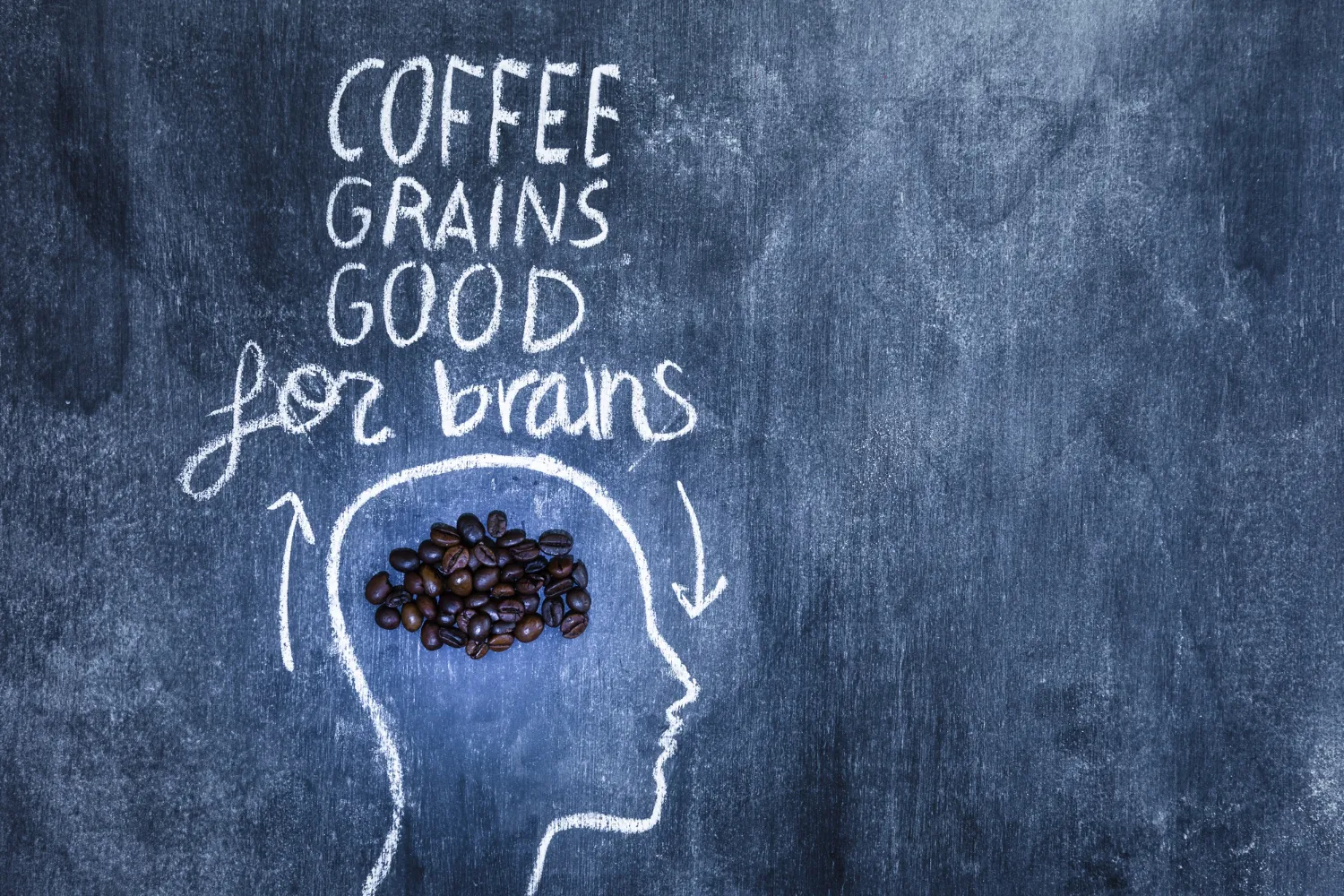Coffee is one of the most popular beverages in the world, and for good reason. Not only does it provide a much-needed energy boost, but it also has numerous benefits for our brain.
From improving focus and memory to increasing productivity, coffee has been shown to have a positive impact on our cognitive function.
In this article, we will explore how coffee boosts our brain and why it is a beloved drink for many people looking to enhance their mental performance. So grab a cup of coffee and let’s dive into the science behind its brain-boosting effects.
The Science Behind Coffee’s Ability to Boost Focus
Coffee is one of the most popular beverages in the world, with millions of people starting their day with a cup of this aromatic and energizing drink. While most of us are aware of the immediate effects of coffee, such as increased alertness and energy, many may not know about its long-term benefits for the brain.
In recent years, there has been a growing body of research that suggests coffee can actually boost focus, memory, and productivity. But how exactly does coffee achieve this? Let’s delve into the science behind coffee’s ability to boost focus.
The Impact of Caffeine on the Brain: Understanding the Role of Coffee Consumption
Firstly, it’s important to understand that coffee contains caffeine, a natural stimulant that is known to have a direct impact on the brain. When we consume coffee, caffeine is absorbed into our bloodstream and travels to the brain.
Once there, it blocks the effects of adenosine, a neurotransmitter that promotes relaxation and drowsiness. By blocking adenosine, caffeine increases the activity of other neurotransmitters, such as dopamine and norepinephrine, which are responsible for promoting alertness and focus.
But caffeine’s effects on the brain go beyond just blocking adenosine. Studies have shown that caffeine also increases the production of brain-derived neurotrophic factor (BDNF), a protein that plays a crucial role in the growth and maintenance of brain cells. BDNF is particularly important for the formation of new connections between neurons, which is essential for learning and memory. By increasing BDNF levels, coffee can help improve our cognitive function and enhance our ability to focus and retain information.
In addition to its effects on neurotransmitters and BDNF, coffee also contains antioxidants that can protect the brain from damage. Oxidative stress, which occurs when there is an imbalance between free radicals and antioxidants in the body, has been linked to cognitive decline and neurodegenerative diseases such as Alzheimer’s and Parkinson’s. However, the antioxidants in coffee, such as chlorogenic acid and caffeic acid, can help neutralize free radicals and reduce the risk of these diseases.
Coffee: A Boost for Memory and Learning, Especially for Dementia and Alzheimer’s
Moreover, coffee has been found to increase the production of acetylcholine, a neurotransmitter that is essential for memory and learning. Acetylcholine plays a crucial role in the brain’s ability to form and store memories. By increasing its production, coffee can help improve our memory and make it easier for us to recall information. This is particularly beneficial for those who struggle with memory-related conditions, such as dementia and Alzheimer’s.
But coffee’s effects on the brain are not limited to just focus and memory. It can also boost productivity by increasing our motivation and reducing fatigue. Caffeine has been found to stimulate the release of dopamine, a neurotransmitter that is associated with pleasure and reward. This can make us feel more motivated and driven to complete tasks. Additionally, caffeine can also reduce feelings of fatigue by blocking the effects of adenosine, which is responsible for making us feel tired.
It’s worth noting that while coffee can have many positive effects on the brain, it’s important to consume it in moderation. Too much caffeine can lead to jitters, anxiety, and disrupted sleep, which can have a negative impact on our cognitive function. It’s recommended to limit caffeine intake to no more than 400mg per day, which is equivalent to about four cups of coffee.
In conclusion, the science behind coffee’s ability to boost focus, memory, and productivity is multifaceted. From its effects on neurotransmitters and BDNF to its antioxidant properties, coffee has a range of mechanisms that can enhance our brain function. However, it’s important to remember that coffee is not a magic solution and should be consumed in moderation. So the next time you reach for a cup of coffee, remember that you’re not just getting a quick energy boost, but also giving your brain a long-term boost.

Leave a Reply